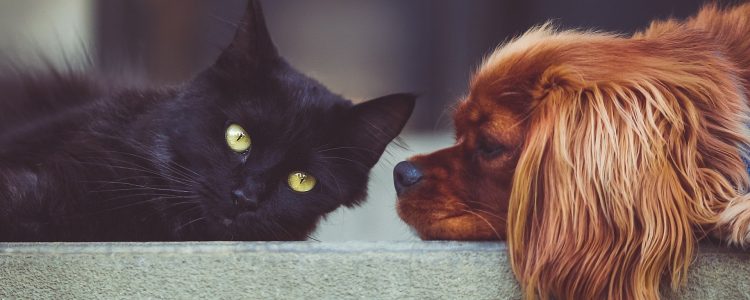Since the first reports of Coronavirus in late 2019, the virus has spread to numerous countries around the world. With much uncertainty surrounding the COVID-19 virus, people all over the world have worries and questions, such as does the coronavirus affect animals like cats and dogs? In this blog, we will answer this common question related to coronavirus. Read on to find out more…
The outbreak of COVID-19, which was originally reported in China in December 2019, was thought to be derived from mutations of bat viruses and use other animals as their hosts before transmission to humans. With other coronaviruses, we have known that animals act as a virus reservoir. For example, Middle Eastern Respiratory Syndrome (MERS) is linked to camels as the source of human infection.
We are still learning about the COVID-19 virus, but research has shown that it is primarily spreading from person-to-person and it appears that it can spread from people to animals in some situations. For example, the first case in the United States of an animal testing positive for the virus that causes COVID-19 was a tiger with a respiratory illness at a New York City zoo. Samples from this tiger were collected and tested after several lions and tigers at the zoo showed signs of respiratory illness. Public health officials believe these large cats became sick after being exposed to a zoo employee who was infected with the virus that causes COVID-19. This investigation is ongoing.
Does the coronavirus affect animals like cats and dogs?
When considering if the coronavirus affects animals like cats and dogs, research is beginning to appear that suggests a small number of domestic animals can also catch COVID-19. There is no current evidence to suggest that they transmit the infection to humans. However, recent reports indicate that humans may be able to transmit this disease to animals through close contact and this has been identified in a small number of dogs and cats. In animals, coronaviruses can cause illnesses such as Kennel Cough (‘Canine respiratory coronavirus’) and ‘Feline infectious peritonitis (FIP)’. These animal strains of coronavirus are not the same as the Covid-19 virus.
It is important to recognise that there is no evidence to suggest that animals that have been infected by humans are playing a role in the spread of the virus back to humans. Studies have suggested that it could also be the case that animals act as fomites, as the virus could be on their fur for a short period of time in the same way it is on other surfaces, such as tables and door handles. It is advised that animal owners continue to be to maintain good hand hygiene by washing your hands thoroughly in warm soapy water after touching your pet.
More information and advice on this can be found from the British Veterinary Association, Center for Disease Control (CDC) and the Peoples Dispensary for Sick Animals (PDSA)
Find out the lastest information on the coronavirus vaccine here.


No Comments
Be the first to start a conversation